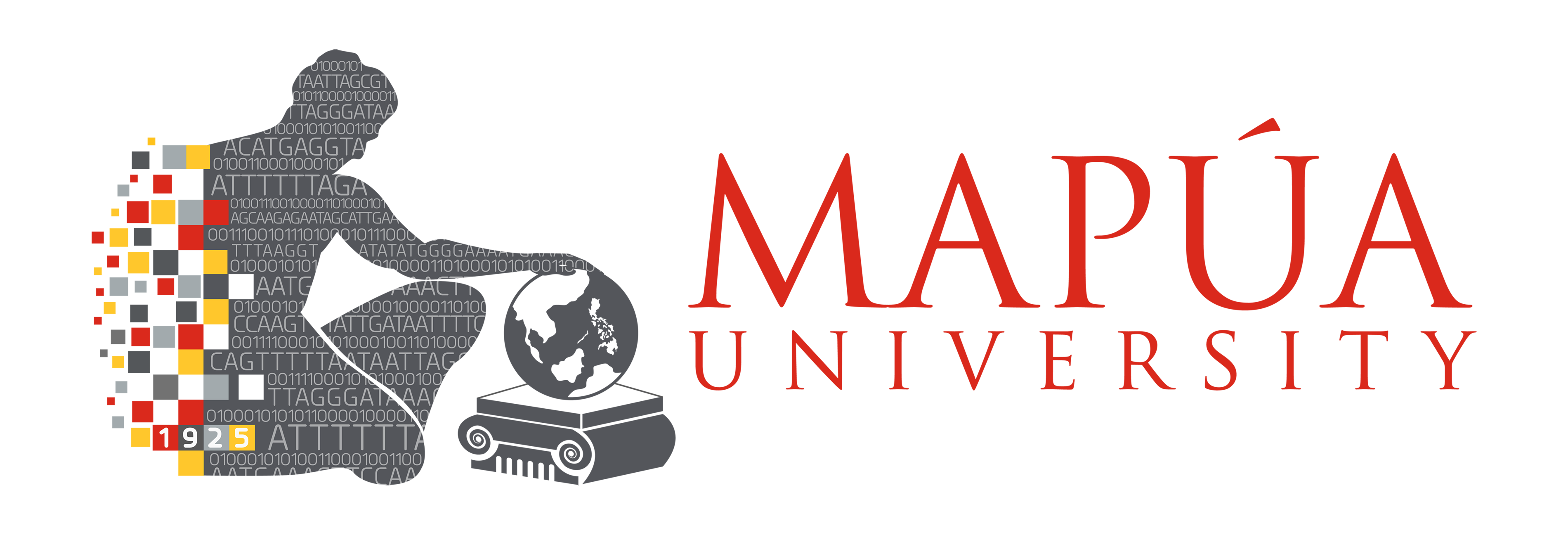Mapúa breaks glass ceiling: Training women to dominate engineering, tech fields

Sponsored by

Step inside the walls of Mapúa University and you will notice the vibrance and diversity of its student body. There seems to be a better representation of all genders across all programs—particularly in highly technical ones such as engineering, information technology, and architecture.
But what made Mapúa one of the most preferred universities by women who want to excel in STEM (science, technology, engineering, and math) careers?
One factor that draws aspiring women engineers and tech experts to Mapúa is the university’s purposeful focus on women empowerment and capacity development.
Dr. Jennifer Dela Cruz, a professor from the School of Electrical, Electronics, and Computer Engineering, explained that the university intentionally empowers female students to flourish in male-denominated fields.
"We do this by example. A sizable number of our engineering faculty members are women, and we hope to inspire our students that if their women professors can, they can, too. We also do this through opportunities, such as sponsored scholarships that are exclusive for female students. We ensure that what men receive—resources, support, and quality of engineering education—women also have access to," Dr. Dela Cruz said.
This “set by example”, or personal model teaching approach, gives female students an insider’s perspective of their future in the industry. It enables them to experience the real-life societal contributions of engineering and tech, and inspire them to embark on initiatives of their own.
Female Mapúa students are given exclusive training and lectures like "Gender and Society" to equip them against obstacles that prevent them from flourishing in traditionally male-dominated fields.
On top of its inclusive environment, it is Mapúa's legacy of excellence in engineering and technology that continues to attract more tech and engineering hopefuls. Fourteen Mapúa programs are accredited by ABET, an independent, international, non-profit, non-governmental organization that certifies the educational standards of engineering, computing, and other science, technology, engineering, and math (STEM) programs worldwide. Mapúa has the most number of ABET-accredited programs in the country, with accreditations from both the ABET Engineering Accreditation Commission and ABET Computing Accreditation Commission.
The university’s comprehensive interdisciplinary curricula and supportive environment lays the perfect groundwork for female achievers. Through its challenging programs, future engineers and tech experts can explore and refine the full range of their capabilities in an open and encouraging environment.
“Mapúa's engineering and tech programs stand out because it has an interdisciplinary curricula that combine varied viewpoints and real-world applications, and support services like career coaching, counseling, and tutoring. While its nurturing faculty, networking events, and industry partnerships enable female students to feel equipped, empowered, and part of the community and industry,” Cristina Pascua, a professor at the School of Information Technology, said.
She explained that the institution’s engineering and tech programs foster an atmosphere that attracts plenty of students, especially females, because it encourages their success and persistence in both fields. Proof of which are the achievements of some of the best female talents in tech.
Last year, a team of Information Systems students composed of Arianna Coleen Ochua, Ma. Gracia Kim Brela, and Prisilla Amiel Sarto won the Tech4Women Singapore 2023 Challenge hosted by The Women's Forum Youth Lab with their mobile app "SafeSteps." A comprehensive and secure platform for sexual health, SafeSteps democratized access to sexual healthcare services for marginalized populations like women.
Another exceptional Mapúa women-led project was the "Wearable Obstacle Detection System and Braille Cell Phone for the Blind," developed by Computer Engineering students Janiena Roxanne Dirain, Kristine Emy Matabang, and Girly Perando. In 2012, the project was included in the Top 10 of the 8th Smart Wireless Engineering Education Program (SWEEP) Innovations and Excellence Awards and made a tremendous impact on the visually handicapped.
Young hopefuls should only consider engineering and tech schools with industry-leading programs like Mapúa. The country’s leading educational institution for engineering, tech, and STEM-related fields, Mapúa’s programs are aligned with the latest trends, requirements, and practices in each field. This ensures that graduates remain relevant and among the best in their chosen specializations long after they have graduated.
Pascua urged aspiring and existing engineers and tech experts to stay up-to-date with recent trends and upskill. They should strive to bring a unique perspective to solve problems, be assertive and self-confident. They must also be brave enough to take charge of projects and seek leadership roles that showcase their skills and capabilities.
She also motivated mid-career female engineering professionals who might be facing challenges in their jobs to remember that Babae ka, hindi babae lang. ("You are a woman, not just a woman.”)
“Positive change in your field can be inspired and influenced by you. Your knowledge and expertise are priceless resources that will influence the future direction of engineering and technology," she said